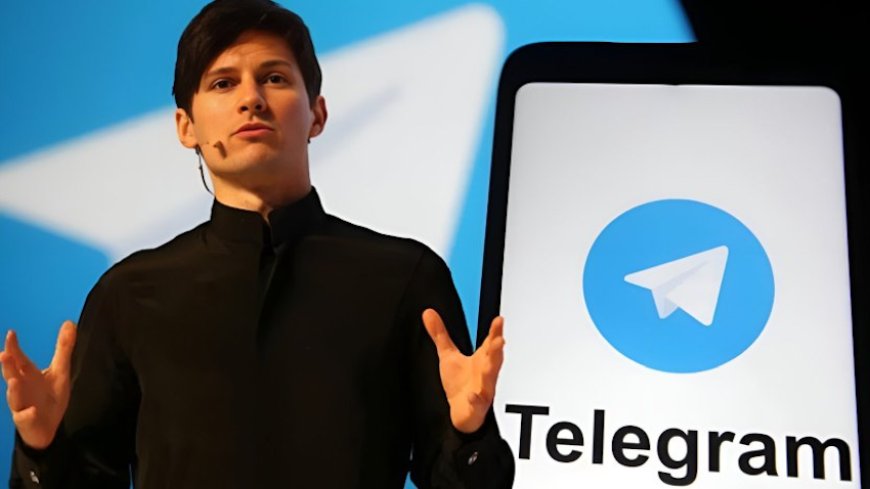Arrest of Telegram Founder Sparks Controversy Over Western Control of Social Media

The recent arrest of Pavel Durov, founder and CEO of the popular messaging app Telegram, has ignited a heated debate over the West's commitment to freedom of speech. Durov was detained at Bourget Airport near Paris on Sunday, reportedly on charges that include terrorism, drug trafficking, fraud, money laundering, and child pornography. If convicted, he could face up to 20 years in prison.
This move has raised eyebrows, particularly in light of ongoing tensions between Western and non-Western social media platforms. Critics argue that this arrest, along with the banning of TikTok in the United States and other Western nations, underscores an attempt by the West to monopolize the social media landscape.
Telegram, founded in 2013 by Durov and his brother Nikolay, has grown into a formidable competitor to WhatsApp, boasting approximately 950 million active users worldwide. Durov, a Russian-born entrepreneur who acquired French citizenship in 2021 and relocated to Dubai in 2017, has a net worth estimated at $12 billion. He has consistently maintained that Telegram is a "neutral platform" and not a "geopolitical actor."
In response to Durov's arrest, the Telegram team has emphasized its compliance with European Union regulations, including the Digital Services Act. They have defended Durov, stating that accusations against him are baseless and that the platform should not be held responsible for the misuse of its services by users. The team highlighted that Telegram serves nearly a billion people globally, providing an essential communication tool and a vital source of information.
The arrest has sparked significant backlash, with prominent figures weighing in on the implications. Elon Musk, owner of the social media platform X (formerly Twitter), expressed concern, suggesting that if Durov is not released, similar actions could be taken against other non-Western social networks.
The arrest has also drawn criticism from Russia. Alexey Pushkov, head of the Russian Information Policy Commission, condemned the move, accusing the West of operating under a "liberal dictatorship" that does not tolerate dissenting voices. Pushkov argued that the West's actions contradict its proclaimed values of freedom of speech and media independence.
Adding to the controversy, Edward Snowden, the former U.S. National Security Agency (NSA) contractor turned whistleblower, accused French President Emmanuel Macron of using Durov's arrest as a form of "hostage-taking." Snowden's statement reflects a growing sentiment that the arrest is politically motivated and part of a broader strategy to exert control over global digital platforms.
This incident has reignited discussions about the balance between regulation and censorship, as well as the true extent of Western commitment to freedom of expression. As the legal process unfolds, the case will likely continue to fuel debate on the power dynamics in the digital world and the role of governments in shaping the future of global communication networks.













































